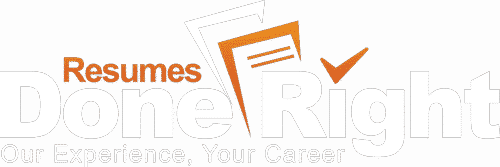You have applied for a job, and it’s getting close—the field is competitive, and not much is separating the applicants. It’s going to come down to relationship building and demonstrating your point of difference. You want to give that little bit extra in terms of profile and projection so you can stand out. So, what is it you can do that will count?
A follow-up email is a powerful tool often ignored by applicants during a job search. Written expertly, it can add weight to your application, mainly when a shortlist for second or final interviews is being determined by the recruiter. The follow-up email has five essential uses;
A follow-up email is a powerful tool often ignored by applicants during a job search. Written expertly, it can add weight to your application, mainly when a shortlist for second or final interviews is being determined by the recruiter. The follow-up email has five essential uses;
1. A method for continued dialogue between yourself and the recruiter
2. An opportunity to restate your skills and experience
3. Evidence that you have considered the position seriously and wish to reaffirm your interest
4. It’s a proactive statement, providing a vehicle for selling yourself further
5. The ability to offer solutions to critical issues and objectives discussed during the interview.
2. An opportunity to restate your skills and experience
3. Evidence that you have considered the position seriously and wish to reaffirm your interest
4. It’s a proactive statement, providing a vehicle for selling yourself further
5. The ability to offer solutions to critical issues and objectives discussed during the interview.
The structure for your follow-up email is similar to your covering letter with some minor variation as follows;
- Commence your correspondence with a thank you statement in appreciation of the recruiter’s time
- Include references to crucial selection criteria discussed during the interview in the bullet-point form to confirm you have paid attention to the recruiter’s comments
- Be proactive by offering solutions to critical issues and objectives discussed during the meeting
- Reaffirm that you are still interested and challenged by the position. It will reflect your enthusiasm.
Here are five follow-up email tips;
1. Write your email on the same day after the interview while your thoughts are still fresh from the meeting
2. Send your follow-up email on the same day as the meeting. Your message must get to the recruiter as quickly as possible
3. Email is an ideal method of correspondence, or you can attach a word document to your message
4. Write a follow-up email after the interview stage.
2. Send your follow-up email on the same day as the meeting. Your message must get to the recruiter as quickly as possible
3. Email is an ideal method of correspondence, or you can attach a word document to your message
4. Write a follow-up email after the interview stage.
There is no right or wrong way of forwarding a follow-up email. Because the recruiter may be your initial point of contact, and as you progress through the recruiting process, the hiring manager may be your next and most influential decision-maker.
The benefit of the follow-up correspondence is it will undoubtedly provide you with an edge on other applicants.
The benefit of the follow-up correspondence is it will undoubtedly provide you with an edge on other applicants.

Anthony Ranieri
Author — How to Find a Job in 6 Weeks
Author — How to Find a Job in 6 Weeks

